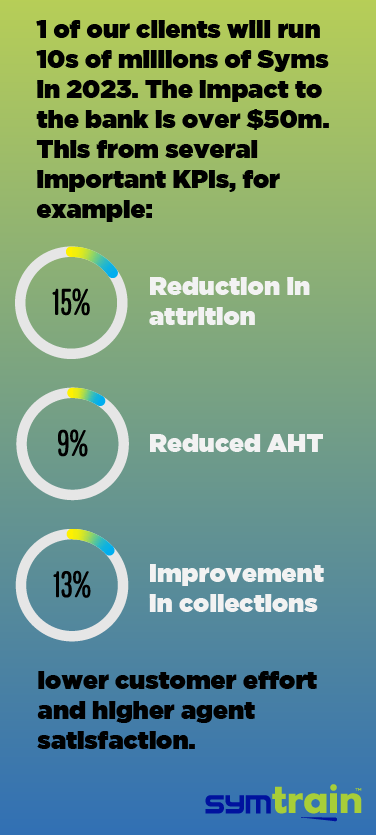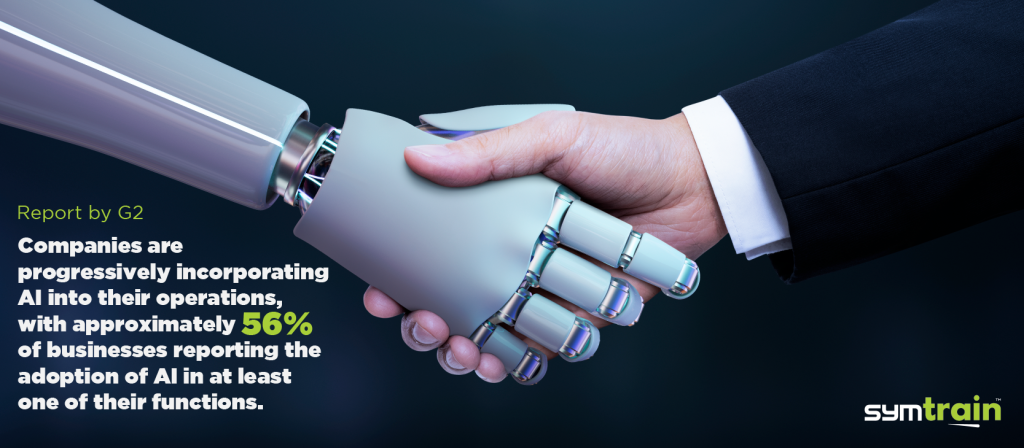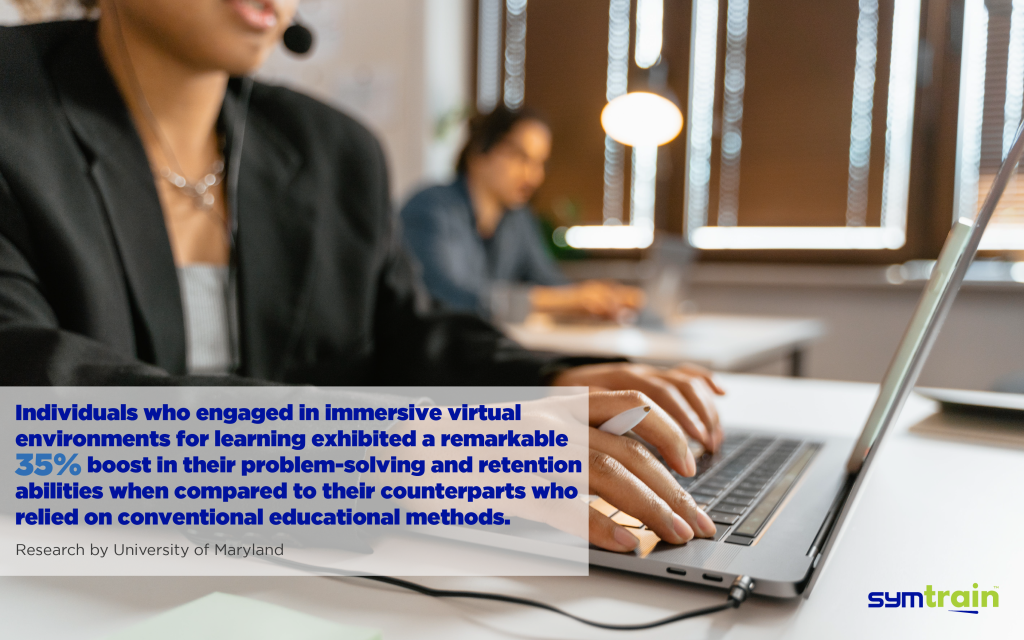Selecting the right individuals to join a contact center team is a critical undertaking, essential for delivering exceptional customer service and maintaining operational efficiency. However, the process of assessing and hiring agents for these roles is not without its inherent challenges.
Contact centers, often at the frontline of customer interactions, require individuals who possess a unique blend of skills, including communication abilities, problem-solving acumen, and the capacity to remain composed in demanding situations. Navigating this intricate hiring process is fraught with complexities.
From evaluating technical proficiencies to gauging soft skills and cultural fit, contact center assessments must be comprehensive and rigorous.
The Balance Between Technical Skills and Soft Skills
While it’s essential to ensure that candidates possess the technical proficiency to navigate complex systems and processes, it’s equally crucial to gauge their soft skills, such as communication, empathy, problem-solving, and adaptability.
The challenge lies in finding individuals who not only meet the technical requirements but also align with the organization’s culture and can excel in the demanding and often high-stress environment of a contact center. Additionally, accurately predicting how well a candidate will handle real-life customer interactions is a complex task, as it requires a holistic evaluation encompassing both their hard and soft skills. Striking this balance and conducting assessments that provide a comprehensive view of a candidate’s suitability is an ongoing challenge that contact centers strive to address.
The significance of efficient and systematic assessment for high-performing agents is underscored by a pressing challenge that plagues contemporary contact centers: employee attrition. According to a study by Quality Assurance & Training Connection (QATC), the average turnover rate for call center agents typically falls within the range of 30% to 45%.

This attrition not only exerts a detrimental impact on the workforce but also precipitates a cascade of issues, such as prolonged call queues, decreased AHT, and ultimately, a decline in CSAT levels. This scenario is, in part, a reflection of the difficulties in accurately assessing and selecting the right agents, necessitating a more effective approach to address this ongoing challenge.
SymTrain’s Streamlines the Assessment of Potential Candidates
SymTrain customizes learning paths by taking into account an individual’s progress and pinpointed areas in need of enhancement, proving crucial for coaching. This adaptability guarantees a tailored and effective learning experience, enabling the swift implementation of new procedures and the resolution of communication obstacles in a matter of hours. Ultimately, this approach expedites the achievement of proficiency.
Furthermore, when it comes to assessing the right candidates, SymTrain’s GenAI feature aligns seamlessly with the assessment needs of companies, enabling them to design scenarios to evaluate potential agents’ capabilities effectively. This facilitates the process of creating training content, enabling users to input their specific instructions and instantly generate scripts for various industries and interactions.
“The insights we get from SymTrain reports are incredibly valuable. They allow us to look into individual agents and teams, making it easy to pinpoint the areas where our agents excel the most.” – Angie Salto, Training Director at The Call Gurus.
From an assessment perspective, this means companies can effortlessly generate “Syms” to gauge the future performance of agents, whether they are destined for a particular industry, line of business, or a specific communication channel, be it through audio simulations or chat interactions. These diverse scenarios serve as a comprehensive evaluation tool.
Consequently, as agents engage with these assessments, they receive scores that guide them toward roles that best match their demonstrated skills and proficiency. For instance, based on their scores, an agent may be identified as ideal for supporting voice customers in the financial services sector, signifying that they have successfully navigated a series of simulations tailored to the specific requirements of that role. The use of SymTrain’s GenAI feature in assessments offers significant advantages, making it an essential component in this critical domain.

With the implementation of SymTrain’s features, clients report new hires have achieved a remarkable 50% reduction in the time it takes to reach proficiency, allowing trainers and SMEs to dedicate more of their time to client-facing delivery.
SymTrain has thus proven itself as an invaluable asset in optimizing agent assessment and onboarding to achieve top performance and therefore elevating client satisfaction.





































